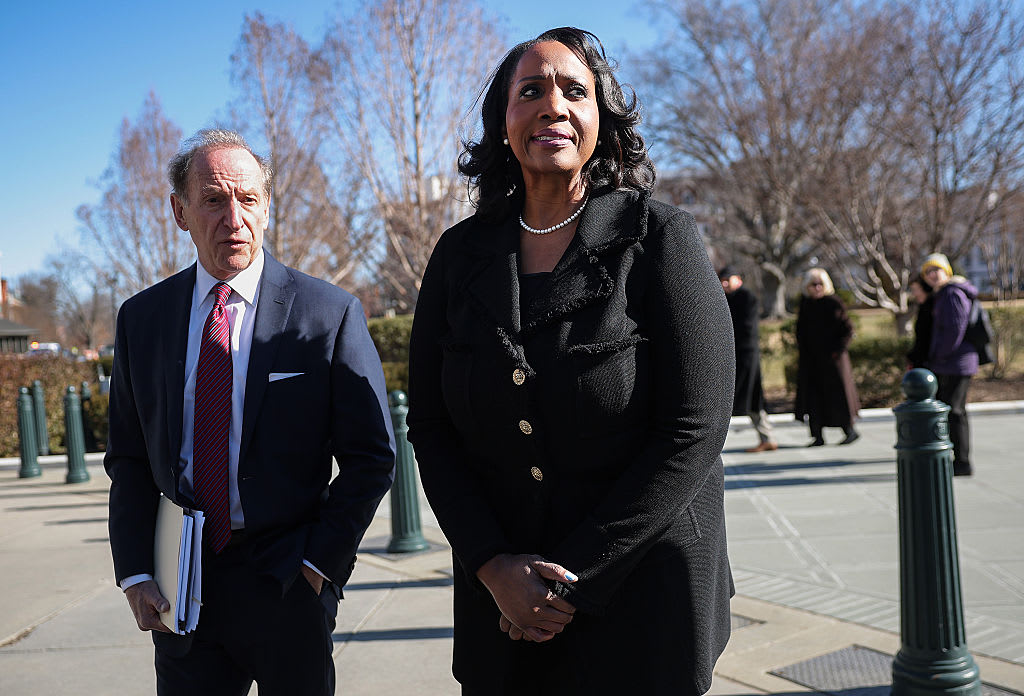Should you lock in a mortgage rate after the Fed cuts rates?
The moment homebuyers have been waiting for will soon be here: the Federal Reserve will finally cut its federal funds rate.
Frozen at a range between 5.25% and 5.50% — the highest level in decades — the Fed is now poised to issue its first rate cut since 2020 when they conclude their next meeting on September 18. And while mortgage interest rates have already been falling in anticipation of this reduction, they could drop even further once a rate cut is formalized.
But what should homebuyers do when this happens? And, more specifically, should they lock in a new, lower rate post-meeting or continue to wait on the sidelines? That's what we'll break down below.
See how low of a mortgage interest rate you could secure here now.
Should you lock in a mortgage rate after the Fed cuts rates?
While every homebuyer's financial situation differs, there are some pros and cons to be aware of if you're considering locking in a mortgage rate once the first rate cut of 2024 is issued. Here are three of each:
Pros to locking in a mortgage rate after the Fed cuts rates
- You'll be locked at a lower rate: Locking a lower mortgage interest rate as soon as it becomes available will ensure that you don't have to worry about any adverse market conditions that could cause rates to rise again. You'll be locked in, possibly for multiple months, depending on the lender being used. So you can rest assured knowing that you won't have to pay a higher rate when you're ready to close.
- You can more accurately budget: A locked interest rate will allow you to more accurately determine your budget. It won't be theoretical anymore. You'll know exactly what your mortgage payments will be for both the principal and interest.
- You can focus on other priorities: Monitoring mortgage rates on a daily basis can be both time-consuming and stressful. But you won't have to worry about doing so once you have a rate locked. Instead, you can focus on all of the other steps that will move you toward closing, like an inspection, appraisal and more.
Learn more about your current mortgage options here.
Cons to locking in a mortgage rate after the Fed cuts rates
- You could lose an even lower rate: Locking in a rate now could very well mean that you lose the chance to secure an even lower one in the future. So be sure to weigh the likelihood of additional rate cuts ahead versus what you can secure now. In today's cooling rate climate, even waiting a few weeks could prove beneficial.
- There may be a fee to unlock: If you do find a lower interest rate after you've already locked one in there may be a fee that you're required to pay your lender to unlock the old one and lock in the new one instead. Be sure to ask about this before locking in any rates to better determine the right time to act.
- It won't last forever: Even if you do find the lowest, ideal mortgage interest rate, a lock won't last forever. Lenders cap how long your rate can be locked in and you may have to pay a fee to extend it — or be forced to close on a home earlier than you otherwise would to prevent losing the locked rate. So don't just lock a rate now without having an approximate idea of when you could ultimately close on the home.
The bottom line
Locking in a mortgage rate after the Fed issues its first rate cut may be tempting, especially for those buyers who have waited years for a lower offer, but it may not be the right move for every buyer. Instead, carefully weigh the pros and cons of locking in a mortgage rate next week versus later in the year to best determine which action works best for you. But don't wait too long, either. A lower rate climate could lead to increasing home prices and steeper buyer competition, either of which can quickly negate some (or all) of the savings secured with a lower rate.




